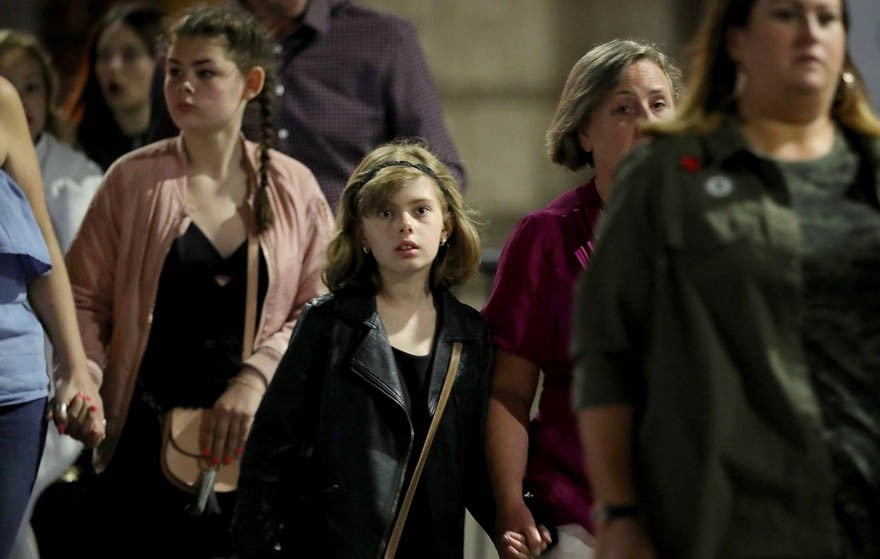
It’s murderous attackers, not tweeters, that need to be investigated

Dear All,
The terror attack at a concert venue in Manchester proved as a horrible reminder of why Britain remains on a high security alert. At least 22 people were killed in the attack and more than 50 were injured -- and there were many children in this number. The fact that the attack targeted a concert by singer Ariana Grande, whose fan demographic is made up largely of teens and pre-teens, has shocked many because children were the targets.
All terror attacks are shocking, the random brutal taking of lives, the sudden violent rupture in the fabric of normal life, the brief horrible moments that destroy families and leave grief in their wake. And these attacks are effective for their shock value. Attacking a crowd of young children somehow magnifies the appalling nature of the crime.
One is reminded of course not just of the attack on a concert venue in Paris on November 13, 2015, but of the terrible attack on the Army Public School in Peshawar on December 16, 2014. One hundred and thirty-two schoolchildren were killed in that attack -- the youngest just six years old. Dozens of families were ripped apart by that attack, and many of these families are still struggling to come to terms with what happened and why. Young survivors, many still coping with post-traumatic stress disorder (PTSD), live the semblance of a normal life, but of course their lives have been terribly damaged.
Then one has to recall also another terrible terrorist attack in Peshawar: the Meena Bazaar bombing of October 28, 2009, where a market crowded with mostly women and children was targeted and in which 137 people were killed. I remember particularly the story of a young teenager who had come to Peshawar with his family for a wedding, and they were in the bazaar shopping for the wedding. He was the only member of his family to survive. He was merely 14 or 15 years old.
Many young lives were also lost in the Beslan school siege in Russia in 2004.
But the question is: what is thought to be achieved by terrorists when they target children? Do they put themselves in a better negotiating position by thus asserting their terrible ‘power’? Do they, through this display of ruthlessness, intimidate through a shock and awe strategy? Or do they kill the future by eliminating a generation that may unite to oppose them?
That certainly was the case in the May 13, 2011 attack on the FC training school in Shabqadar, Charsadda, where a new batch of young graduates was wiped out. Ninety-eight people, mainly young cadets were killed in that twin suicide bombing attack.
But, perhaps, now the time has come to abandon any sort of ambivalence about the attacks and their possible political justification. As one Muslim leader in Manchester said when he was speaking about the fact that many terrorist attackers have identified themselves as ‘Muslims’: "We have to distance ourselves from these barbaric terrorists".
Distance and censure is key. Which is why the Pakistani state’s recent move to crack down on people posting allegedly ‘blasphemous’ content on social media is pretty incomprehensible. After the PTA sent out text messages to millions of citizens warning them of posting such content and encouraging them to report ‘offenders’, over 3,000 complaints were made, in just the first week. Journalists and activists are now among those being investigated. Is this a good use of the state’s investigators? Or should they be investigating those with the extreme views that spill over into terror activity or the grooming of susceptible youngsters?
Is discouraging social media criticism of terrorists really the best way to fight against terrorist threats?
Best wishes,